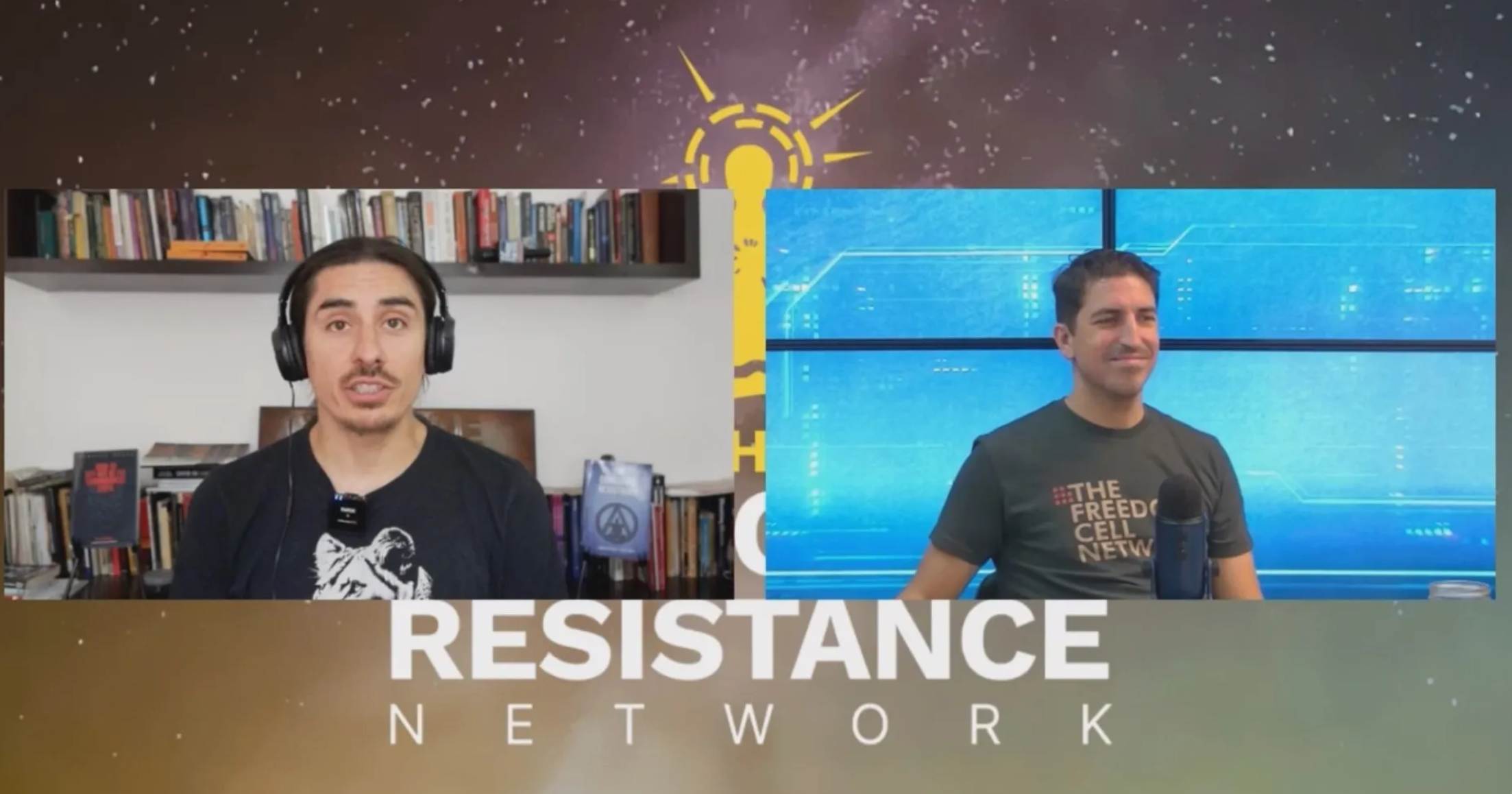Newsbud Exclusive- “Natural Gas Pipelines & the Proxy War on Syria: Exaggerated Motive?”
 After six years of war and destruction, there is a widespread consensus in the alternative media that the Syrian debacle is a war on Syria rather, or at least more so, than a civil war between Syrians. Without the foreign support coming from NATO, Turkey, Qatar, Saudi Arabia and Israel from the beginning of the crisis onwards in the form of finances, weapons supply, covert operations, favourable propaganda and the permission of jihadi border-crossing into the ravaged country, the armed opposition could never have conquered and maintained so much Syrian territory. Even though the popularity of the Syrian government constitutes a decisive factor in explaining Syria’s resolve, it might not have survived, and certainly would not have been able to reverse the tide to the extent it has today, without its chief allies Russia, Iran and Hezbollah. As all these outside players have their own reasons for getting involved in the war, the fighting parties on the ground are in many ways pawns on a regional, nay, global geopolitical chessboard.
After six years of war and destruction, there is a widespread consensus in the alternative media that the Syrian debacle is a war on Syria rather, or at least more so, than a civil war between Syrians. Without the foreign support coming from NATO, Turkey, Qatar, Saudi Arabia and Israel from the beginning of the crisis onwards in the form of finances, weapons supply, covert operations, favourable propaganda and the permission of jihadi border-crossing into the ravaged country, the armed opposition could never have conquered and maintained so much Syrian territory. Even though the popularity of the Syrian government constitutes a decisive factor in explaining Syria’s resolve, it might not have survived, and certainly would not have been able to reverse the tide to the extent it has today, without its chief allies Russia, Iran and Hezbollah. As all these outside players have their own reasons for getting involved in the war, the fighting parties on the ground are in many ways pawns on a regional, nay, global geopolitical chessboard.
One theory fits the bill perfectly in explaining the involvement of nearly all foreign players, that of the two contested natural gas pipelines. According to this theory, all regional countries that have in one way or another been crucial in the rise of the armed opposition - Qatar, Saudi Arabia, Jordan and Turkey - were eager to construct a pipeline from the world’s richest gas repository in Qatar (which the latter shares with Iran) through Saudi Arabia, Jordan, Syria and Turkey into Europe. While this project was supported by the US, Assad was allegedly the only one standing in the way as he refused to sign the deal in 2009 under Russian pressure and chose to back an alternative pipeline running from Iran’s part of the gas field through Iraq, Syria and possibly Lebanon to the Mediterranean, where it would continue under water to reach the European market. As control over resources and pipeline routes have played a crucial role in many global wars throughout history, especially in the petroleum rich Middle East and Central Asia, this theory sounds appealing to journalists exposing the proxy war on Syria. I myself defined it as one of the primary reasons behind the war back in December 2016,[1] but a myriad of authorities in both the alternative and mainstream media have done the same, from Pepe Escobar in Asia Times,[2] Steve Austin in Oil Price[3] and Robert F. Kennedy, Jr. in Politico[4] to Nafeez Ahmed in the Guardian[5] and even the Council on Foreign Relations’ Foreign Affairs.[6] [READ MORE]
*If you are a Newsbud Community Member, you must log in to view full content.
**If you are not yet a Newsbud Community Member, just click on "SUBSCRIBE" to view subscription enrollment options.



